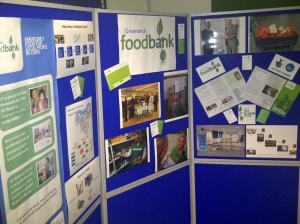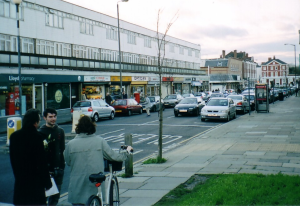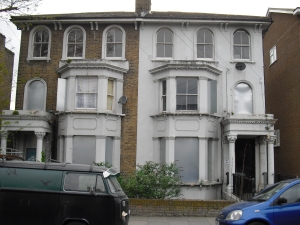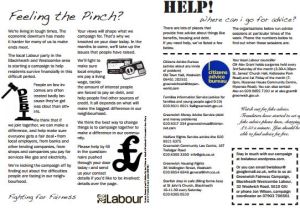The Greenwich Foodbank: helping those who the Coalition forgot
January 9, 2014 1 Comment
The website of Blackheath Westcombe ward Labour Party
January 9, 2014 1 Comment


September 16, 2013 3 Comments
 I have posted before about the impact of the Coalition’s welfare polices in Greenwich, and Blackheath Westcombe ward in particular, and about the cuts in housing benefit which could force many people – including families with children – to have to move out of areas like Blackheath and Westcombe Park.
I have posted before about the impact of the Coalition’s welfare polices in Greenwich, and Blackheath Westcombe ward in particular, and about the cuts in housing benefit which could force many people – including families with children – to have to move out of areas like Blackheath and Westcombe Park.
November 18, 2012 2 Comments
May 31, 2012 1 Comment
 Superb piece on the Red Brick blog last week about the latest absurdities of Tory Housing policies.
Superb piece on the Red Brick blog last week about the latest absurdities of Tory Housing policies.March 21, 2012 Leave a comment
 When out delivering newspapers for Ken Livingstone over in Abbey Wood last week, I was shocked to find a flyer in the entrance to a block of flats, offering residents cash loans at an interest rate of 1,300% (I have removed the name and phone number of the company concerned to spare them any blushes).
When out delivering newspapers for Ken Livingstone over in Abbey Wood last week, I was shocked to find a flyer in the entrance to a block of flats, offering residents cash loans at an interest rate of 1,300% (I have removed the name and phone number of the company concerned to spare them any blushes).October 17, 2010 Leave a comment
 We’re living in tough times. The economic downturn has made it harder for many of us to make ends meet.
We’re living in tough times. The economic downturn has made it harder for many of us to make ends meet.